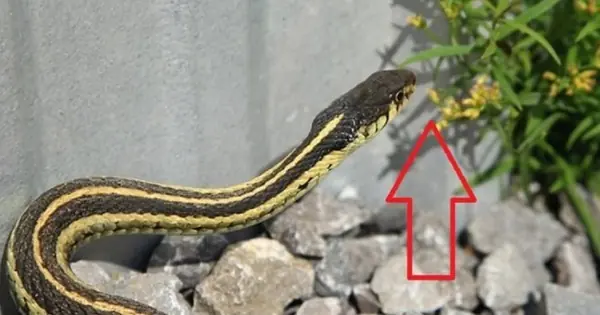
Panama's Marine Collapse: The End of a Key Ocean Upwelling System and What It Means for the Future
Panama's Ocean Upwelling System Collapses: A Wake-up Call for Marine Ecosystems and Local Economies
In a major environmental event, Panama’s crucial ocean upwelling system—an essential driver of marine productivity in the Eastern Tropical Pacific—has collapsed for the first time in over 40 years. This disruption is having significant consequences on local ecosystems and the national economy, potentially setting the stage for long-term ecological shifts in the region.
Upwelling is a natural ocean process that typically occurs during the dry season in Panama. It brings cold, nutrient-rich waters from the deep ocean to the surface, fueling the growth of phytoplankton. These tiny organisms form the basis of the marine food chain, supporting a diverse range of marine species, from small fish to large predators. This process is critical not only to marine life but also to the livelihood of coastal communities whose economies are closely tied to fishing and marine exports.
However, in 2025, the usual upwelling pattern broke down completely. The event began 42 days later than expected, only lasted for 12 days—far shorter than the typical 66-day cycle—and, most notably, failed to cool the surface waters to below the 23.3°C threshold. Under normal conditions, surface temperatures must drop to around 19°C for upwelling to trigger the biological productivity necessary for thriving marine life. The absence of this cooling effect has significantly altered the dynamics of the local marine ecosystem.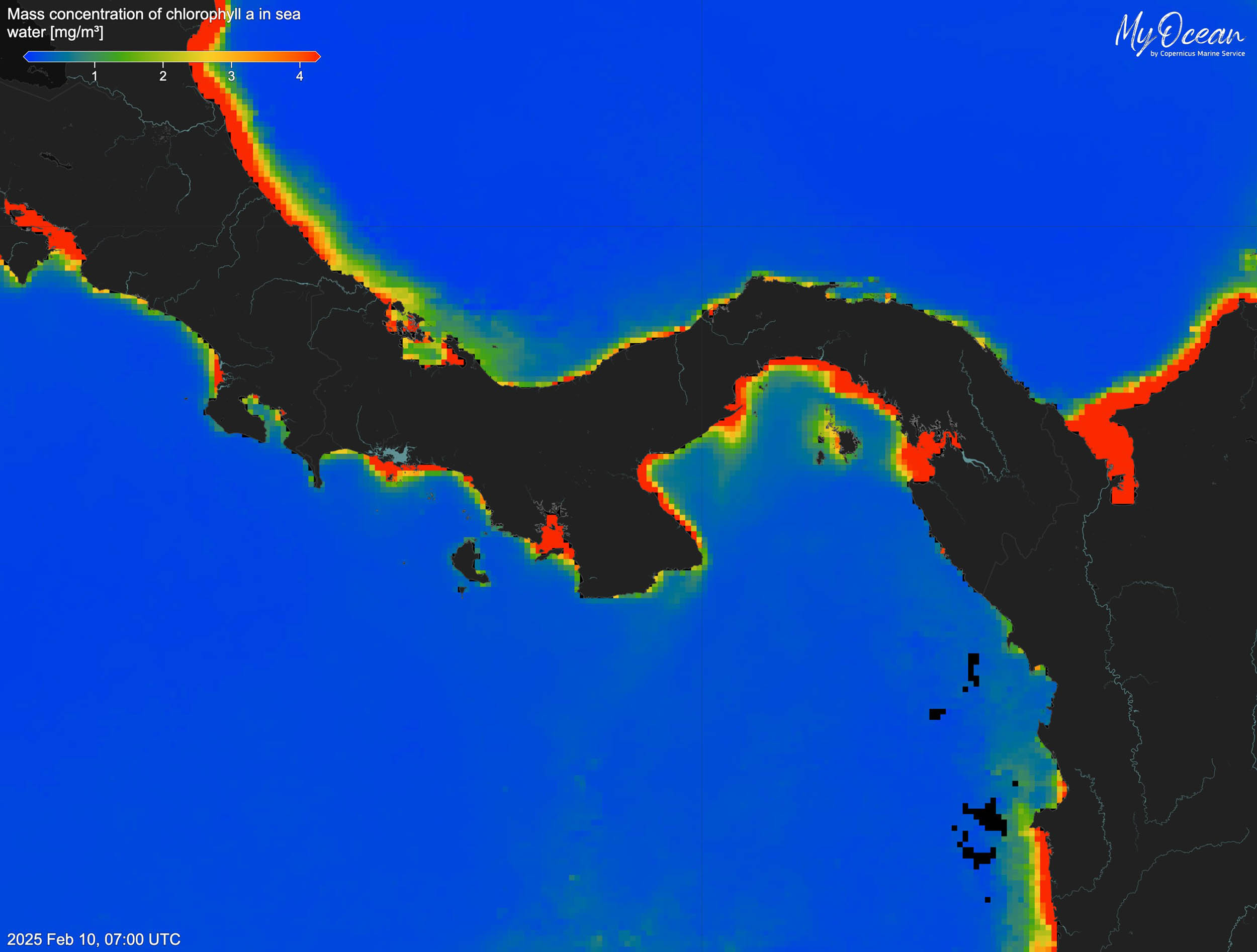
The immediate effects of this collapse were stark. Chlorophyll concentrations, which serve as a reliable indicator of ocean life, plummeted to record lows, signaling a dramatic reduction in marine productivity. Satellite images further confirmed that this productivity halt was almost complete along Panama's Pacific coastline, which has traditionally been rich with marine life. This disruption is expected to have a ripple effect on the broader ecosystem, affecting fish populations, predator-prey relationships, and the health of coral reefs.
Scientists from the Smithsonian Tropical Research Institute (STRI) and other research bodies attribute the collapse to a combination of unusually weak trade winds and the intensifying effects of climate change and El Niño conditions. These phenomena led to a breakdown in the usual ocean circulation patterns that sustain upwelling. In a region where oceanic processes like upwelling have been integral to maintaining marine life for centuries, this event raises concerns about the future stability of local ecosystems.
This breakdown in Panama's upwelling system also threatens the fishing industry, which is a vital part of the nation’s economy, generating nearly $200 million annually, largely through seafood exports. The collapse could lead to a decline in fish stocks and disrupt the livelihoods of thousands of fishermen and workers in related industries. The fishing sector’s vulnerability to environmental changes highlights the broader issue of climate resilience for coastal economies that are heavily reliant on natural resources.
Researchers warn that the collapse could signal the onset of a new, unstable regime in regional ocean dynamics. The changes to the upwelling system may be a precursor to more frequent and more severe disruptions in the coming years. If such changes persist, they could lead to long-term ecological transformations that undermine food security for local communities dependent on marine resources.
The impact of this event serves as a stark reminder of how sensitive ocean systems are to the rapidly intensifying disruptions caused by climate change. Panama’s marine ecosystems, along with those of other coastal nations, face an uncertain future as the climate crisis continues to unfold. The loss of natural systems that have supported local populations for centuries may prompt further reevaluation of how nations can adapt to and mitigate the effects of climate change.
The Panama situation calls for urgent action to strengthen climate resilience, conserve marine biodiversity, and protect local economies. It is also a clear signal that more comprehensive measures need to be taken to monitor and address the impacts of climate change on oceanic and environmental health.
News in the same category


Meet Jonathan: The 192-Year-Old Tortoise Who Has Witnessed History and Continues to Inspire

Retired Couple in UK Successfully Nurtures 90-Million-Year-Old Wollemi Pine, Leading to Its First Reproduction Outside Australia

Stem Cell Therapy for Type 1 Diabetes Shows Promise in Human Clinical Trials

Have you noticed small white spots on your arms or legs… and you don't know what they are?
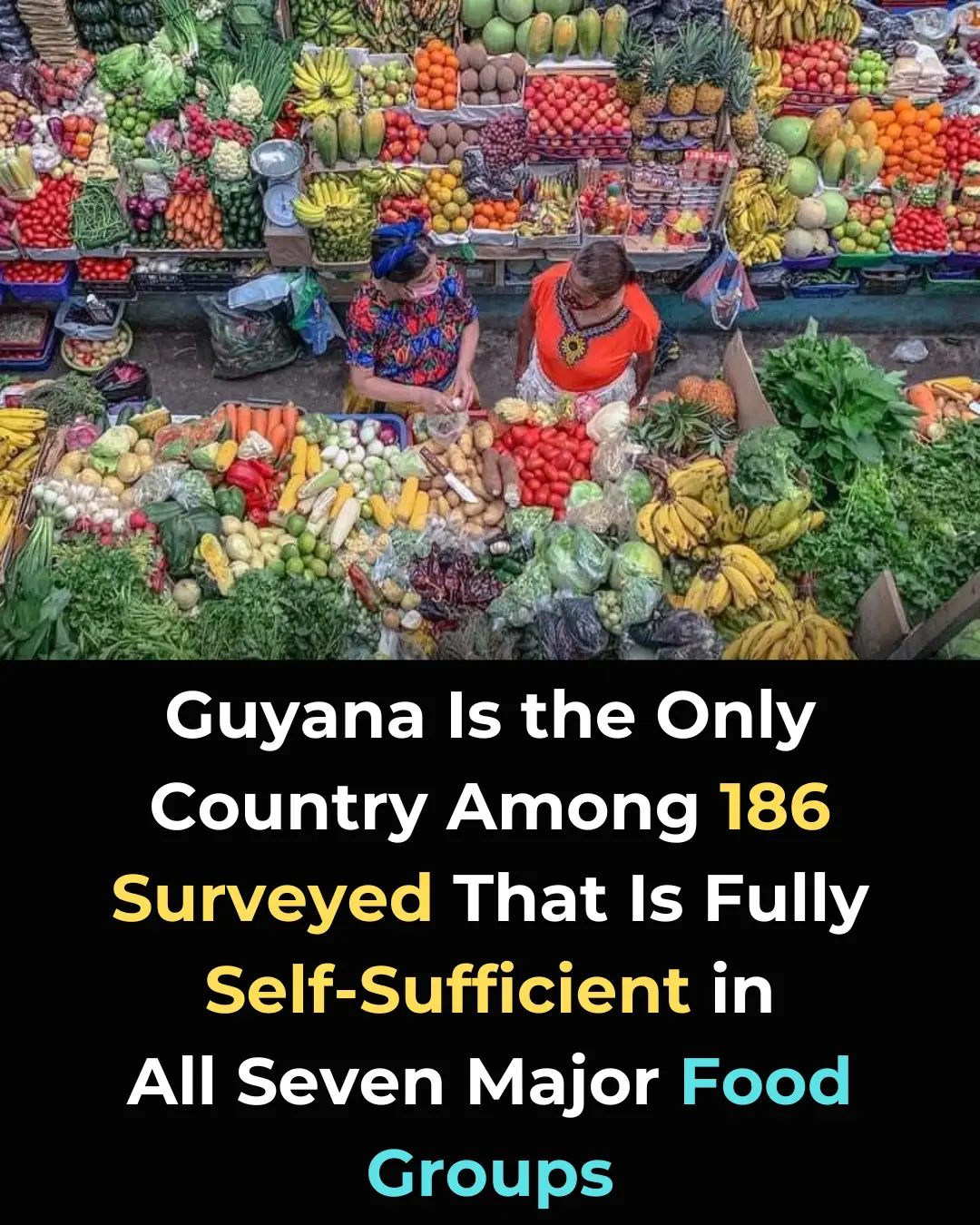
How Guyana Became the Only Nation Fully Self-Sufficient in All Seven Major Food Groups

Donald Trump's new scarf leaves everyone saying the same thing

Scientists May Have Just Found a Breakthrough Hair-Loss Treatment

Genetic Evidence Links Icelanders to Native Americans, Suggesting Viking Contact with the Americas

Vietnam Approves Russian-Made Cancer Immunotherapy ‘Pembroria’ for Multiple Cancer Types
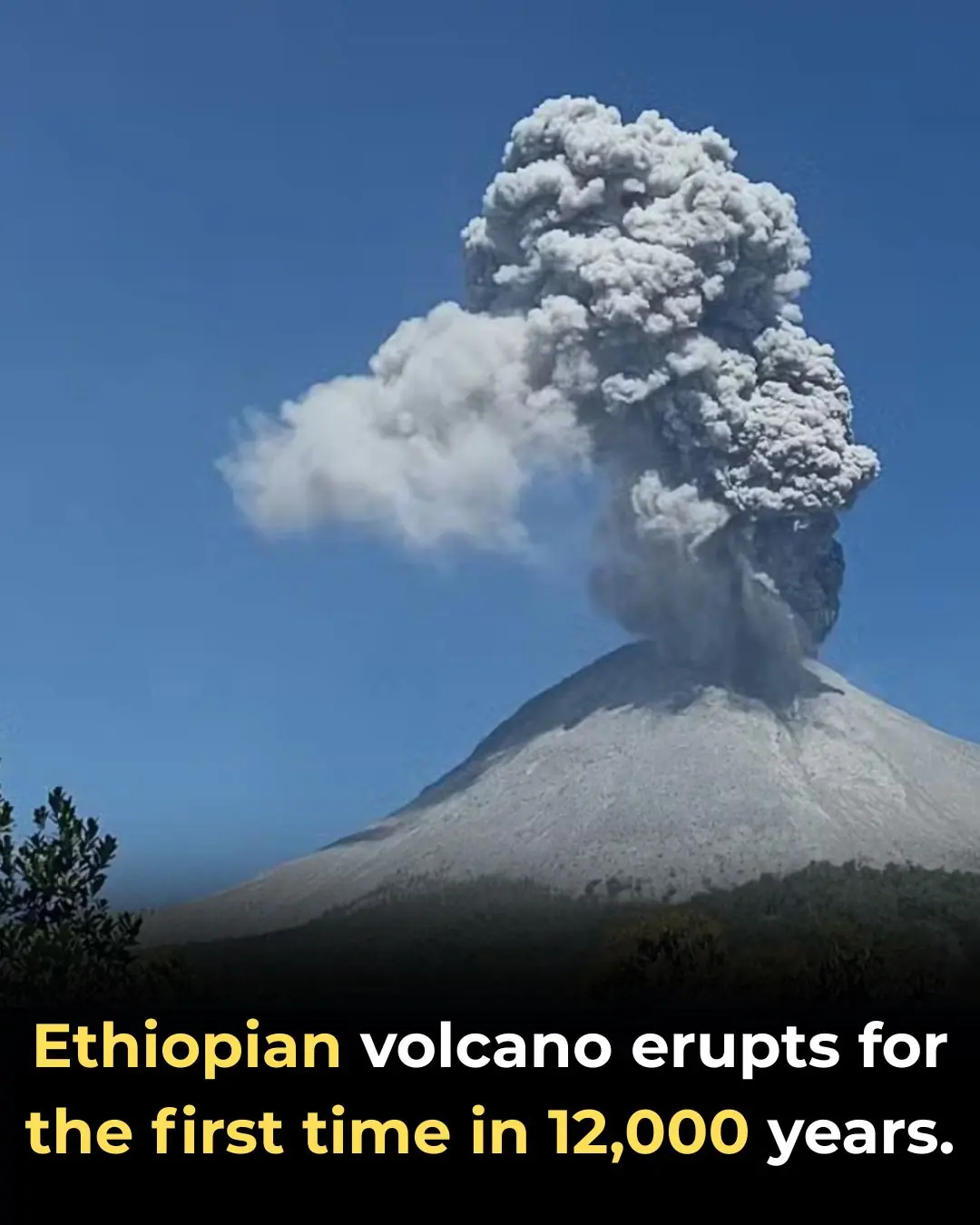
Hayli Gubbi Volcano Erupts in Ethiopia for First Time in 12,000 Years

Mia Khalifa at Oxford: A Controversial Talk on Redemption, Reinvention, and Second Chances

Breaking Bob: How a 75-Year-Old Turned a Five-Minute Smoke Break into a Viral NYC Spectacle

The Night Google.com Was Accidentally Sold for $12: A Story of Integrity and Goodwill
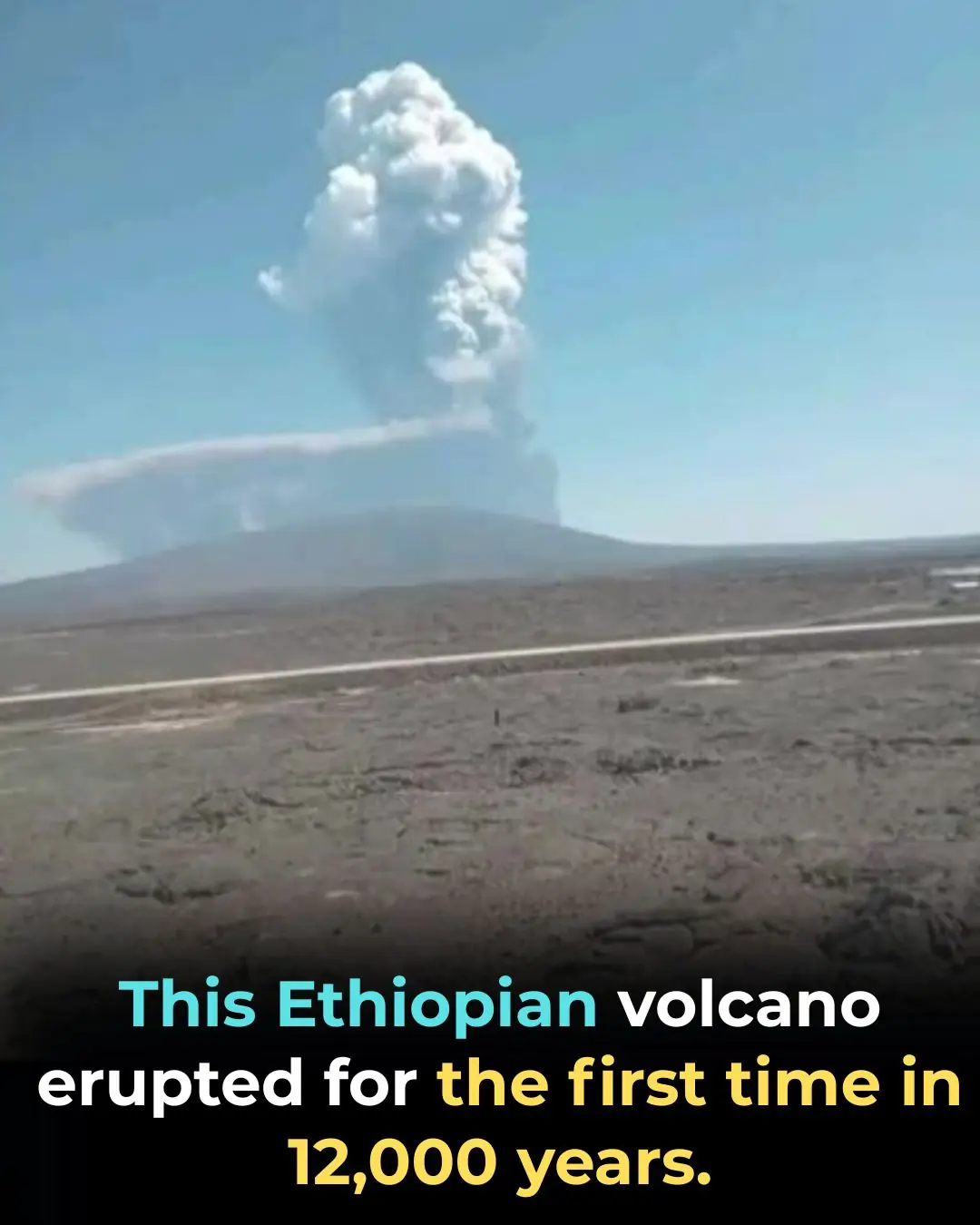
After 12 Millennia of Silence, Ethiopia’s Hayli Gubbi Volcano Erupts Dramatically

When a Woman Bites Her Lip While Staring at You, It Means She Is ...

How Europe Says "Street": A Multilingual Journey Through Language and Culture

A New Dawn for Chronic Kidney Disease Treatment: From Management to Possible Remission

A Butterfly, A Flute, and Unshakable Composure: The Legendary Performance of Yukie Ota
News Post

3 flowers that make snakes tremble with fear — beautiful and safe to plant around your home

The Medicinal Powers of Turmeric That Doctors Rarely Mention

The Best Natural Gout Treatments: Remove Uric Acid Crystallization To Prevent Gout And Joint Pain

How to Tell If You Have Intestinal Parasites and What to Do About That

People Who Eat 3 Eggs Every Day Are Noticing This Crazy Difference

Why Your Hands or Arms Fall Asleep at Night and What To Do

Meet Jonathan: The 192-Year-Old Tortoise Who Has Witnessed History and Continues to Inspire

Retired Couple in UK Successfully Nurtures 90-Million-Year-Old Wollemi Pine, Leading to Its First Reproduction Outside Australia

Stem Cell Therapy for Type 1 Diabetes Shows Promise in Human Clinical Trials

Have you noticed small white spots on your arms or legs… and you don't know what they are?

How Guyana Became the Only Nation Fully Self-Sufficient in All Seven Major Food Groups

Donald Trump's new scarf leaves everyone saying the same thing

Scientists May Have Just Found a Breakthrough Hair-Loss Treatment

Genetic Evidence Links Icelanders to Native Americans, Suggesting Viking Contact with the Americas

Vietnam Approves Russian-Made Cancer Immunotherapy ‘Pembroria’ for Multiple Cancer Types

The Kid Who Was Surprised By Dad With Birthday Bat In Viral Video Hits Home Run With Bat And Dad Catches It

Delaware Post Office Renamed In Honor of Mary Ann Shadd Cary, First Black Woman Publisher

Hayli Gubbi Volcano Erupts in Ethiopia for First Time in 12,000 Years
